Hyundai is working with Nvidia to apply AI technologies across its operations and optimise manufacturing and logistics.
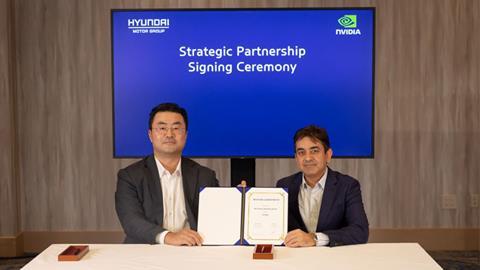
Hyundai has set up a strategic partnership with technology provider Nvidia to develop and apply AI technologies across its business operations. As announced at last week’s Consumer Electronics Show (CES) in Las Vegas, the technologies include the use of Nvidia’s Omniverse platform to develop digital twins of its factories to make manufacturing more efficient, improve quality and streamline costs. In addition, Hyundai said it will use the Nvidia Isaac robot platform to develop and safely deploy AI robots.
According to the two companies they will also collaborate on virtual simulation environments for safe and reliable autonomous driving technology and robotics systems. Nvidia said that simulation is critical in the safe deployment of autonomous vehicles and provides a safe way to test self-driving technology in a range of contexts.
“Accelerated computing, generative AI, and Omniverse are unlocking a new era of mobility,” said Rishi Dhall, vice-president of automotive at Nvidia. “This partnership will drive the creation of safer, more intelligent vehicles, supercharge manufacturing with greater efficiency and quality, and deploy cutting-edge robotics to help build a smarter, more connected digital workplace.”
Nvidia said it is helping advance robotics intelligence with AI tools and libraries for automated manufacturing. As a result, Hyundai can carry out industrial robot training in physically accurate virtual environments, optimising manufacturing and enhancing quality.
As part of the agreement, Hyundai Motor Group will use Nvidia’s accelerated computing and AI Enterprise software to help manage the large amounts of data required to safely develop and train its AI models for various applications.
E-Forest Tech Day
In October last year Hyundai and Kia hosted a technology exhibition to share smart manufacturing and logistics technologies and presented their vision for a software-defined factory. The E-Forest Tech Day was set up to share research and development achievements and broaden the areas of technical application, according to the carmakers. Among the technologies showcased was the use of autonomous mobile robots for logistics supported with navigation control software. The carmakers said that unlike existing technologies that allowed only forward and straight movement, this technology enables movement in all directions. Through the left and right wheel rotation control, the logistics robot can smoothly navigate curves, even when carrying heavy loads.
Hyundai and Kia are also looking at atypical flexible parts automatic assembly technology. The program recognises irregular parts, such as hoses and wires, through an AI vision algorithm. According to the carmakers it automatically calculates the picking point and issues control commands. The technology is essential for autonomous factory operations when humanoid robots are introduced into factories, according to the OEMs.
Hyundai and Kia want E-Forest to become a production hub for software-defined vehicles (SDVs). It aims to deliver products that cater to customer requirements faster than any other, through data connection and digital transformation, according to the carmakers. The software-defined factory uses automation technologies using AI and robots, as well as human-friendly smart technologies, to innovate manufacturing systems.
In other news from CES, Nvidia announced that Toyota, Aurora and Continental have become the latest companies to use its accelerated computing and AI for commercial vehicle fleets. Toyota will build its next-generation vehicles on Nvidia Drive AGX Orin, which will support functionally safe, advanced driving assistance capabilities.
Meanwhile, Aurora and Continental announced a long-term strategic partnership with Nvidia to deploy driverless trucks at scale, powered by Nvidia Drive. Nvidia’s DriveOS will be integrated into the Aurora Driver, an SAE level 4 autonomous-driving system that Continental plans to mass-manufacture in 2027.









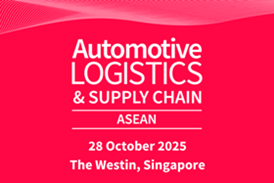
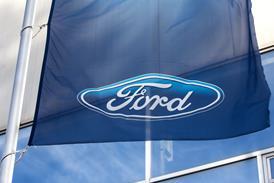





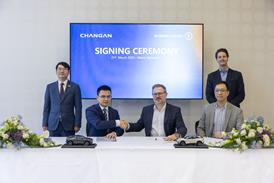
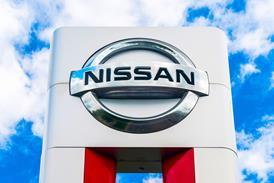













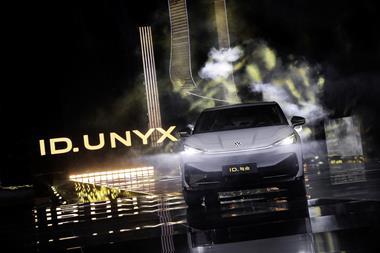

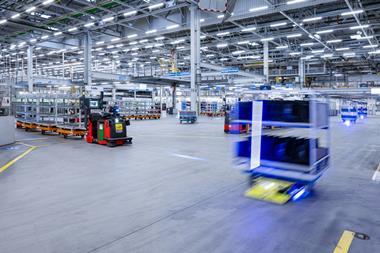

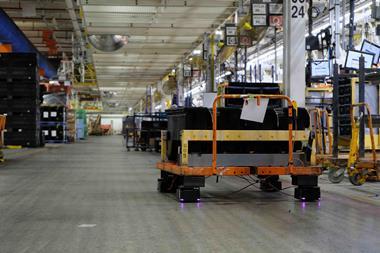
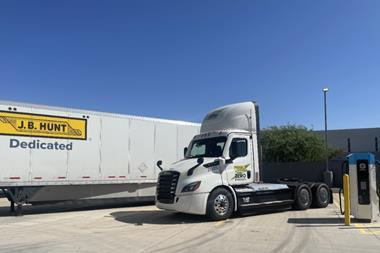



No comments yet